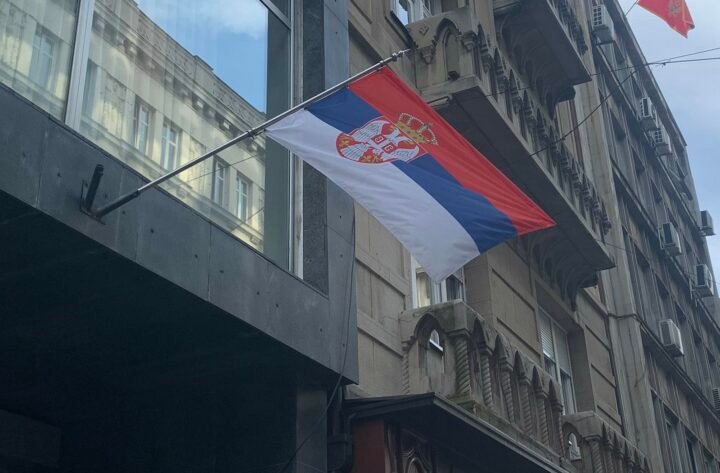The Chief of the General Staff of the Serbian Army, Milan Mojsilović, has rejected criticism regarding the upcoming military parade in Belgrade, insisting that the army does not wish to be involved in politics.
Speaking to TV Prva, Mojsilović dismissed claims that the parade is meant to intimidate citizens or threaten neighboring countries, labeling such accusations as “manipulation.”
“Everyone should unite around the idea that what will be displayed next Saturday belongs to the state and is for the pride of all. Those who do not like the army – and surely there are such people – should be assured that they can sleep peacefully. As long as we have such an army, Serbia is safe,” Mojsilović stated on September 14.
The parade is scheduled for September 20 in Belgrade, marking the Day of Unity, Freedom, and the Serbian Flag, celebrated jointly by Serbia and Republika Srpska in Bosnia and Herzegovina.
The event will showcase modern military equipment, including naval vessels on the Danube River, aircraft flyovers, and demonstrations of various army capabilities.
Mojsilović argued that the parade will send different messages: “joy and happiness for friends and allies, and perhaps anger and nervousness for others,” as proof of Serbia’s modern, well-equipped, and prepared military.
He further confirmed that the Serbian Army will continue to strengthen and modernize its forces. According to the Stockholm International Peace Research Institute (SIPRI), Serbia has been the highest military spender in the Western Balkans over the last five years. In 2024 alone, Serbia allocated $2.2 billion (2.6% of GDP) to its defense budget.
On the issue of mandatory military service, Mojsilović noted that Serbia has not abandoned the idea. He revealed that significant investments have been made to renovate barracks and purchase new equipment. The next step, he explained, would be the adoption of a legal framework introducing a 75-day mandatory service, with the Serbian Parliament expected to approve the law.
Military service in Serbia was previously abolished in January 2011, but authorities announced in 2024 that it would be reintroduced this year.







